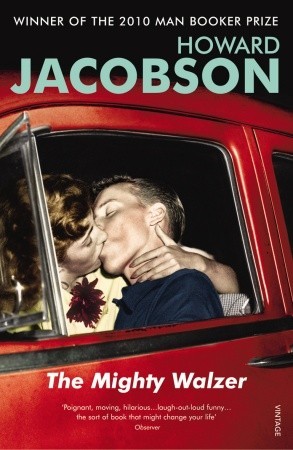Earlier this month I read a review of Homage to Catalonia by George Orwell on Stephanie Jane’s Literary Flits and it brought to my attention that the Bookcrossers’ group on GOODREADS has called another Decade Challenge starting on 1 September 2016. To make it clear from the start: I’m not into bookcrossing. I must not read (not even have anywhere near me) books that went through too many hands unless I’m ready to put up with burning eyes, a sour throat and a running nose – I’m allergic. It goes without saying that feeling unwell isn’t exactly what I wish to get out of literature! However, I like the idea of the GOODREADS Bookcrossers Decade Challenge and decided to sign up for its 2016/17 edition. And it goes without saying that I set out right away to make a list of my projected reads, one book for each decade from 1900 to now, each originally written in a different language to make it more difficult. As I advance, I'll add the links to my reviews.
Here's my list:






